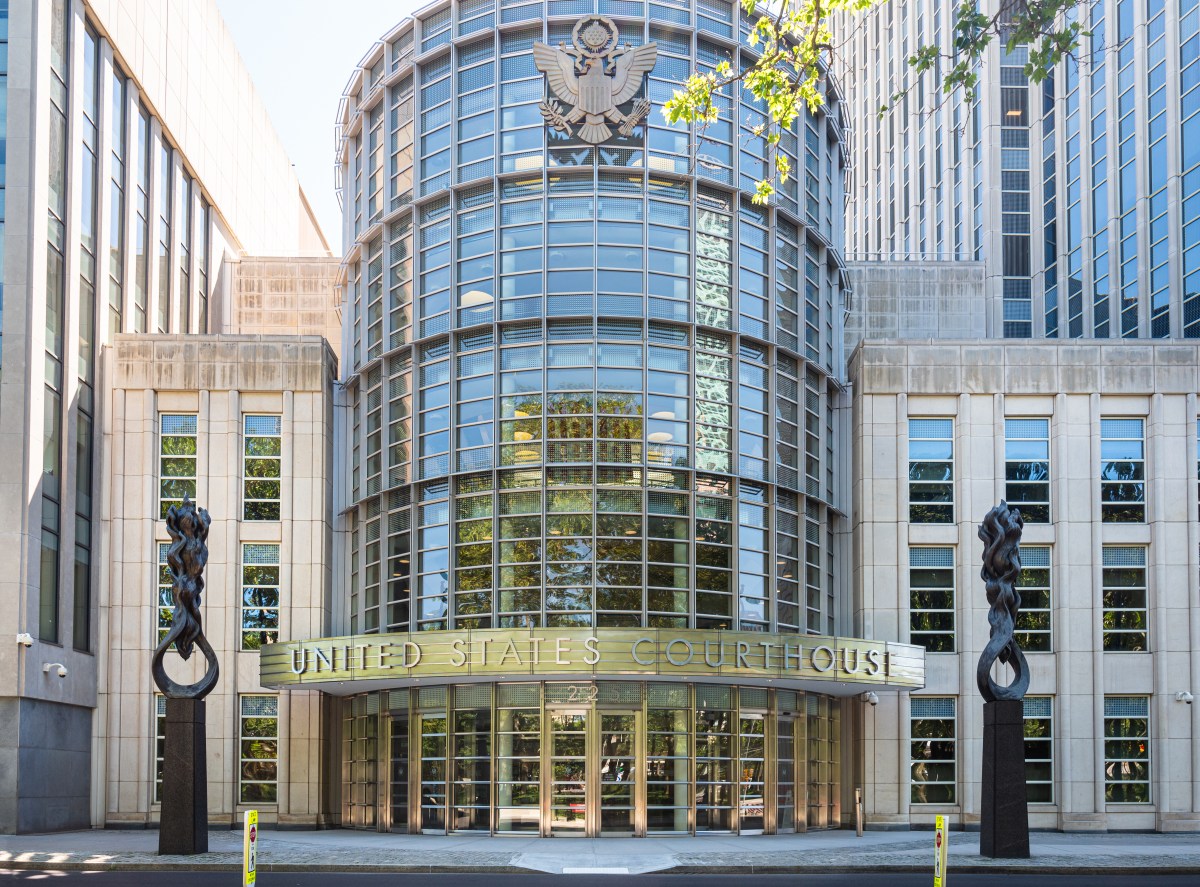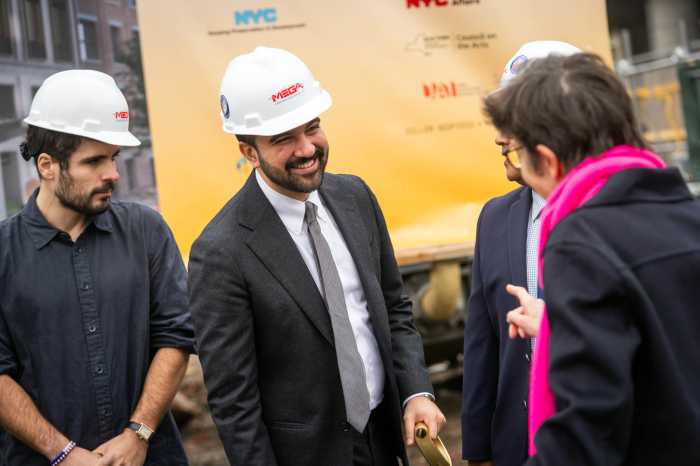In April and May of 2008, the Federal Aviation Administration (FAA) signaled its intent to auction airport arrival and departure slots at LaGuardia, John F. Kennedy and Newark Liberty airports. A bureaucratic tug of war ensued.
The Government Accountability Office (GAO) concluded in a September 30 report that the FAA “currently lacks the authority” to auction airport slots and retain auction proceeds. The GAO opinion was welcomed by New York area U.S. Senators Hillary Clinton, Charles Schumer, Frank Lautenberg and Robert Menendez, who consider the auction plan counterproductive and say it could be costly to consumers.
According to the U.S. Department of Transportation (DOT), however, the FAA’s Office of Dispute Resolution for Acquisitions ruled the same day the GAO report was released that the FAA does, in fact, carry the necessary authority. The auction plan is essential to introducing competition, keeping airfares competitive and increasing travel options in New York, DOT Press Secretary Melissa Mazzella DeLaney said.
The FAA plan calls for the use of “market-based mechanisms,” or slot auctions, that would lease arrival and departure windows for the duration of a 10 year rule, beginning in January 2009. Carriers that bought into a slot - which would cost an airline that flies 100 people a day roughly $3 per passenger - during the fifth year of the rule would hold their slot for five years, Mazzella DeLaney explained.
Proceeds from the New York area airport auctions, which would be the first in the country, would be reinvested into New York airspace and infrastructure, the DOT says.
The New York area Senators argue that the plan will do nothing to curb airport congestion - overall staffing has dropped for traffic controllers by 16 percent in the New York area from 2001-2007, but traffic in the region has returned to pre 9/11 levels - and that a slot auction could actually increase ticket prices.
“This once again shows that the DOT needs to put a stop to this ideological battle that would cause chaos at New York airports,” Schumer said. “The administration has tried to jam through a half-baked plan that can’t even be implemented.”
Nevertheless, the DOT contends that the GAO’s opinions are not binding on the Executive Branch and that the auction plan would benefit New York airspace and air travelers. The agency cites the GAO’s “relative unfamiliarity with the complexities of aviation law,” and the limited amount of time Congress afforded the GAO to conduct its analysis, as evidence of the need for a more thorough review of the auction proposal.
“At the end of the day, our goal is to make using our air system convenient and easy for air travelers, which is exactly what our plan would do,” Mazzella DeLaney said.
































